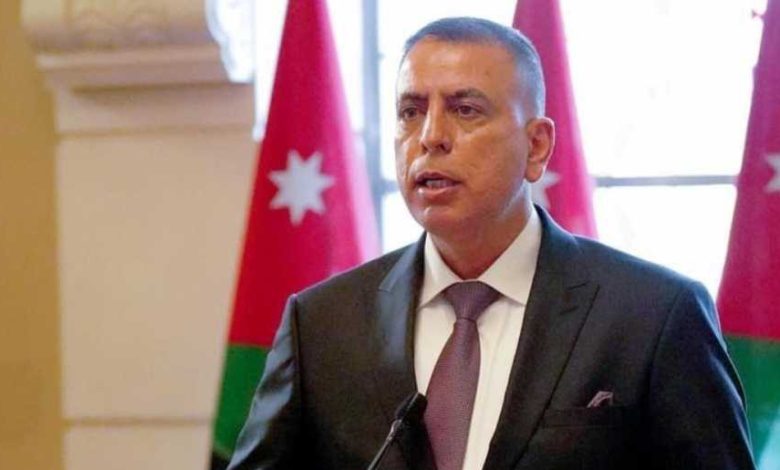
Jordan Daily – Interior Minister Mazen Faraya emphasized the necessity of achieving tangible results and generating innovative solutions to address the global challenges posed by migration patterns, including illegal migration and border control.
He underscored the importance of leveraging digital transformation and artificial intelligence to maximize benefits and modernize these processes.
During the opening of the “Adopting Modernization: AI and Digital Transformation in Border Management” forum, Faraya noted that Jordan hosted an international border security conference at the end of 2022. This event, which saw broad international participation, led to the adoption of several positive initiatives that have improved border control through the use of modern technology.
Faraya also highlighted the significance of addressing refugee issues alongside migration. He affirmed Jordan’s commitment to supporting refugees based on the scale of international aid received, rooted in ethical and humanitarian considerations. However, he stressed that the Jordanian government’s primary responsibility is to its citizens, and that refugees should ideally return to their home countries , pointing out that international aid for Jordan’s efforts has been insufficient.
Jordan hosts approximately 1.35 million refugees, including 233,000 Syrian children born since 2011, making it the largest host of refugees relative to its population. Faraya stated that the financial burdens on Jordan are substantial, particularly given the limited international funding for the Jordan Response Plan to the Syrian crisis, which has persisted for years. As of the first half of this year, only 5.8 percent of the required funding has been secured.
He referenced a study by the United Nations High Commissioner for Refugees (UNHCR) and the World Bank, which revealed alarming indicators such as the potential resurgence of a humanitarian crisis among refugees, increased poverty and unemployment in and outside refugee camps, and a rise in child labor. This situation necessitates greater international support to enable Jordan to continue providing services amid its growing economic challenges.
Faraya also noted Jordan’s strategic location at the crossroads of three continents, which offers numerous advantages but also significant challenges, particularly in the face of regional instability. This stability has made Jordan a magnet for foreign labor. In response, the government has developed a strategic plan for managing foreign residents in the Kingdom, including migration governance and data management in collaboration with the European Union.

